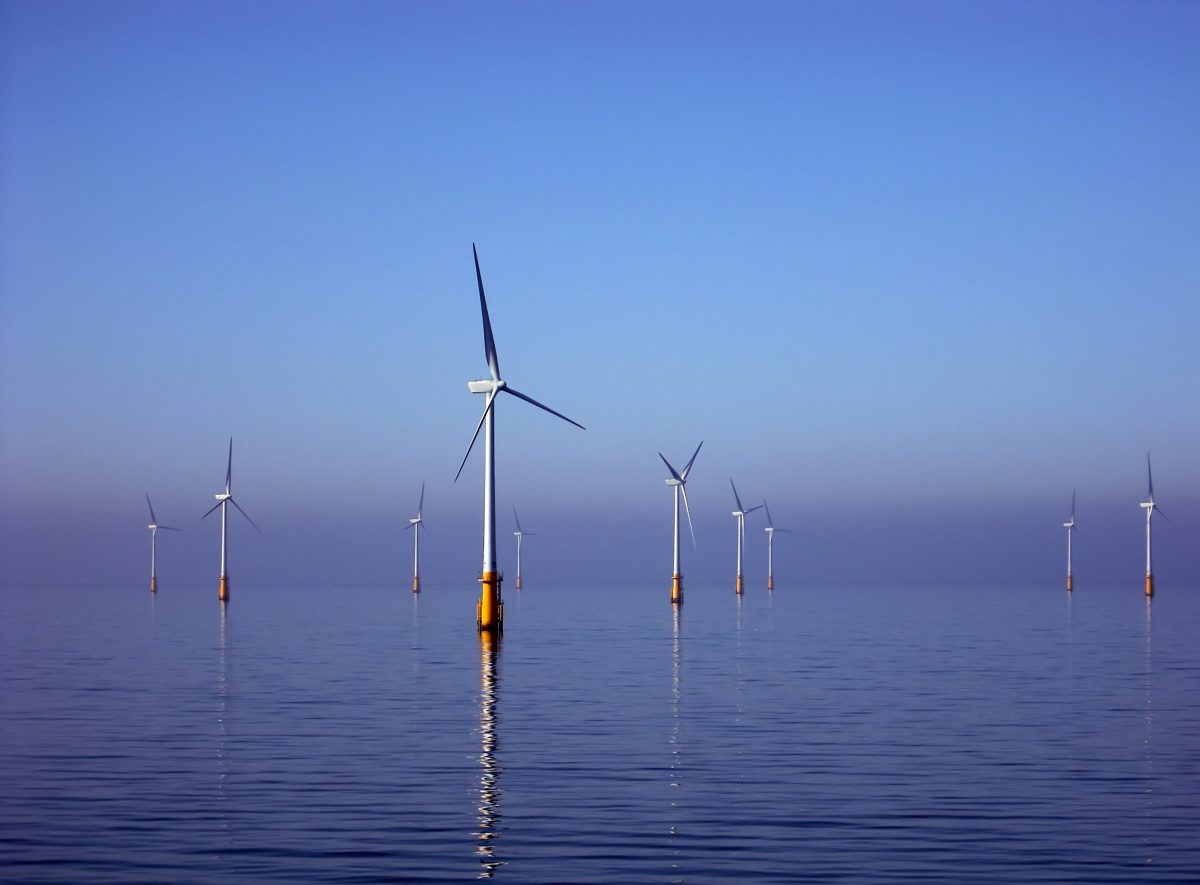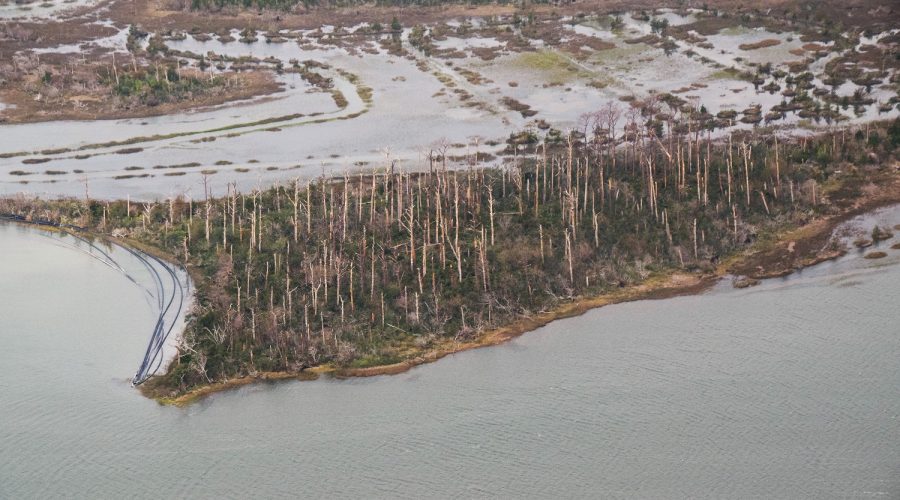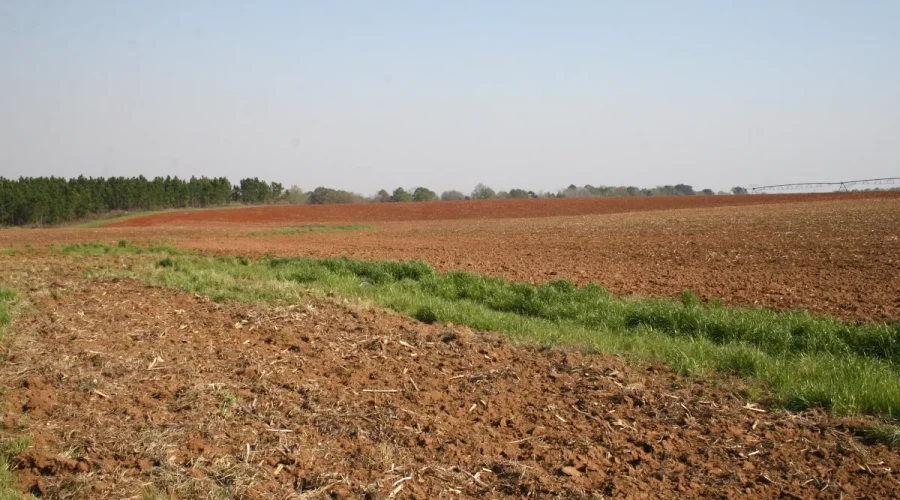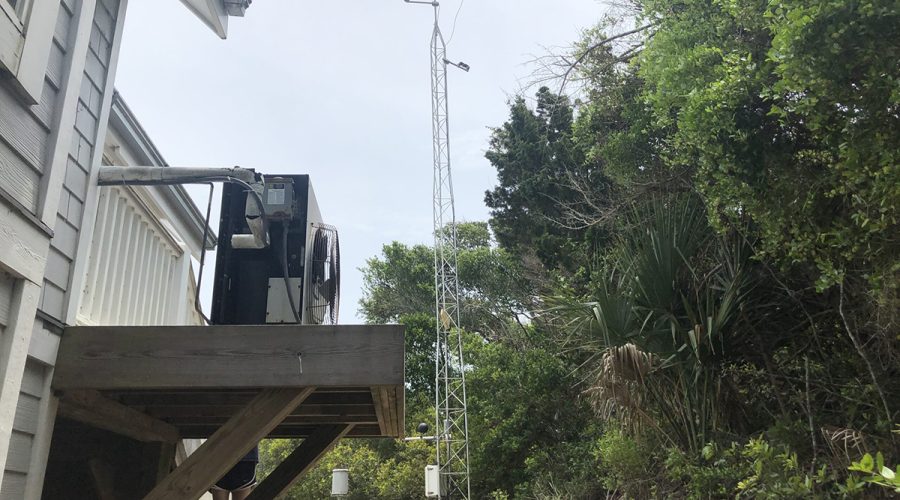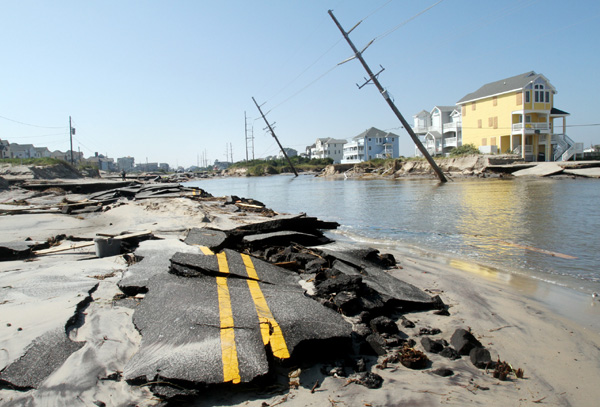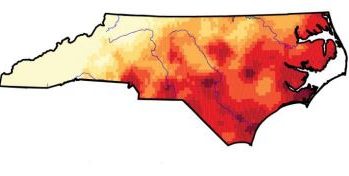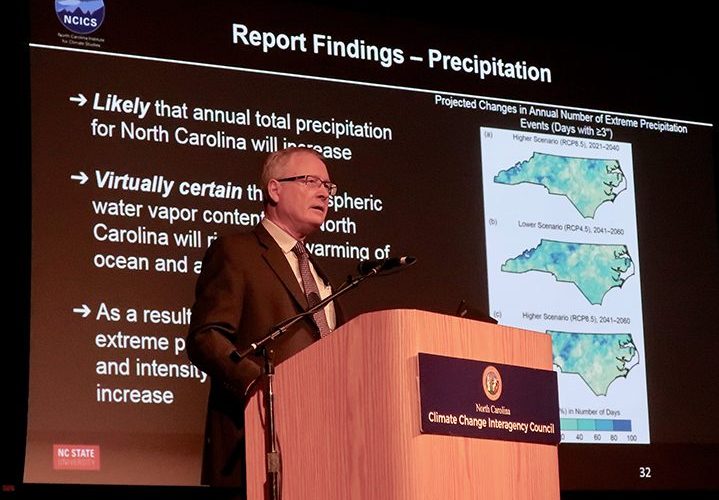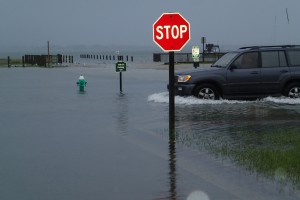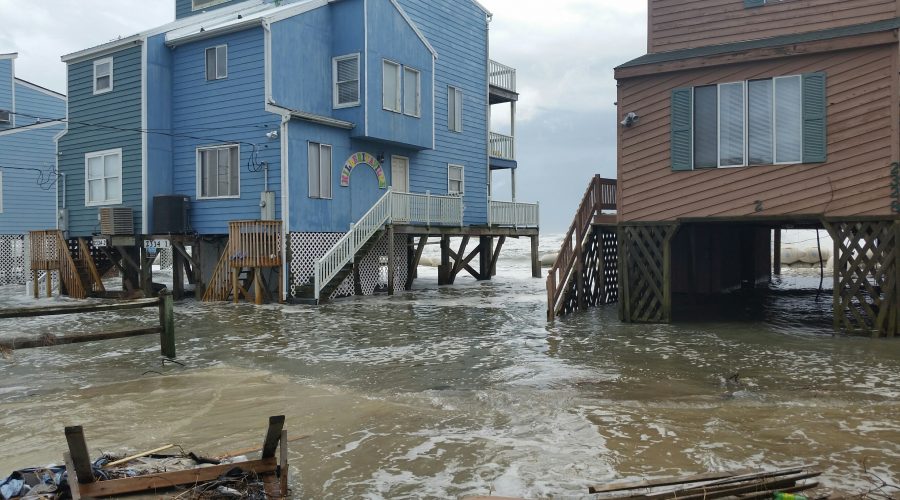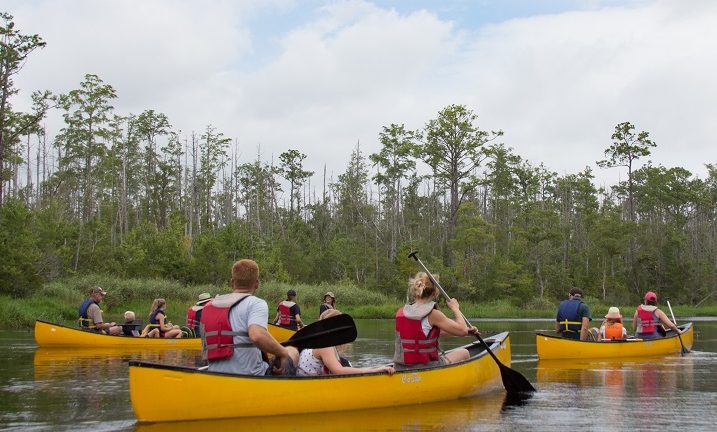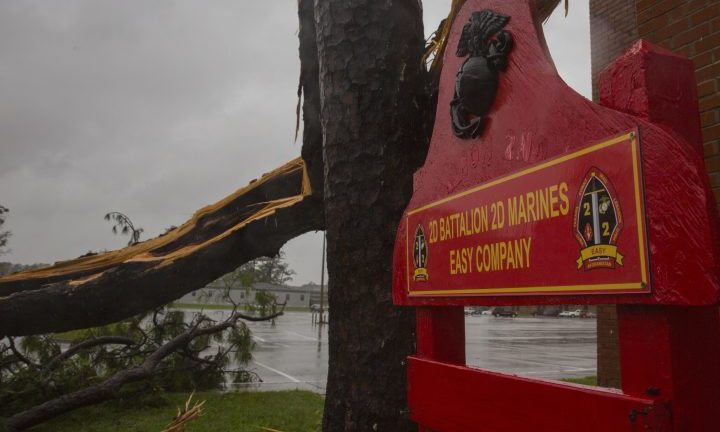Construction of wind turbines off the North Carolina coast could affect birds and marine life, and while scientists and others seek more information on the extent of those effects, those who spoke during a forum last week in Wilmington said climate change is likely a greater threat.
Climate Change
Supreme Court ruling will not stop NC’s required CO2 cuts
But the recent 6-3 decision limiting EPA authority to address climate change has broader national implications that will affect the Tar Heel State, environmental law experts say.
Research network to link environmental, social sciences
Researchers, with recent funding from the National Science Foundation, are working to bring forward voices from rural, poorer coastal NC communities most vulnerable to the effects of climate change.
Climate change sharpens focus on NC farms’ soil quality
As atmospheric carbon dioxide levels increase, the threats to agricultural yields of NC staples such as soybeans, corn and sweet potatoes increase.
Jockey’s Ridge joining real-time weather data network
ECOnet, an online weather and soil data program through the State Climate Office of North Carolina, will soon be able to collect information from Jockey’s Ridge State Park, the first of the program’s weather stations on the Outer Banks.
Topsail Island towns begin work on new resiliency effort
North Topsail Beach, Surf City and Topsail Beach held their first public meeting Wednesday to begin the process of identifying a coastal resilience project using nature-based solutions and state funding to benefit all three towns.
Estuaries, though small, have huge economic impact: report
These small areas where rivers mix with salt water in coastal regions contribute a significant amount to the country’s economy, according to a recent update to a decade-old report on the economics of estuaries.
NC Will Pay for Climate Inaction: Report
A new report shows that the effects of climate change will significantly cost state residents and the economy over the next three decades without urgent action to curb climate-warming pollution.
Boosting Local Efforts Key In Resiliency Plan
The N.C. Climate Change Interagency Council has wrapped up its review of the recently released report on risks and plan for climate resilience, highlighting the need to assist community-level decision making statewide.
More Heat, Floods, Storms ‘Virtually Certain’
A report released Wednesday by the North Carolina Institute for Climate Studies puts the latest science on global climate change and sea level rise in perspective for North Carolina.
Report Details Increasing Climate Threats
Preliminary findings from an N.C. Institute for Climate Studies report include a range of significant changes affecting the state through 2100, including rising seas, wetter storms and frequent flooding.
Lurking Invaders Threaten US, Experts Warn
Thousands of nonnative creepers and critters could wreak havoc here, according to members of the recently deactivated panel that had long advised the Interior Department on invasive species.
Sea Level Rise Report to Look Beyond 2050
The Coastal Resources Commission is directing its science advisory panel to look at sea level rise predictions beyond 30 years in its 2020 update to a state report.
Construction Continues in Flood Risk Areas
A recent national real estate industry study ranks North Carolina second among states with the highest number of new homes built in the 10-year flood risk zone.
Visible Change: Alligator River ‘Ghost Forests’
The effects of climate change on the N.C. coast are especially pronounced at the Alligator River National Wildlife Refuge, where the rising sea level is visibly transforming habitats.
Retired General Frames Climate Change Risks
Retired Marine Corps Brig. Gen. Stephen Cheney, now CEO of the American Security Project think tank, told an audience in Wilmington this week that climate change poses a national security threat.

